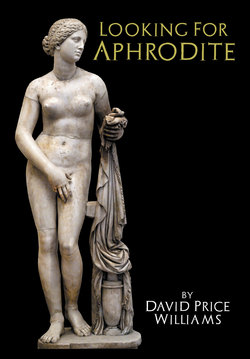Читать книгу Looking for Aphrodite - David Price Williams - Страница 57
На сайте Литреса книга снята с продажи.
ОглавлениеThis needs slightly more explanation. Knidos, being at the end of the long peninsula and surrounded by open sea, was prone to terrific winds whistling round the headlands and blowing at strength across the isthmus. Every few days, these strong winds blew, picking up sand from the beaches and dust from the excavations which then insinuated itself into everything, especially into our tents and our bedding. It really was most uncomfortable. Knidos, ancient and modern, must be considered the ‘windy city,’ the Chicago of the Eastern Mediterranean.
But then there were good things too.
‘Sonny iyi’ - Sonny is good
‘Deyvit iyi’ - well, I wouldn’t argue with that.
‘Olga güzel’ - ‘Olga is beautiful’, which was a bit of an over-statement perhaps, but was probably meant in a more spiritual than physical sense.
The Çayhane also doubled as our music hall, and it was there of an evening that sundry members would bring their musical instruments and play. There was Birol who played the saz, a four-stringed, long-necked lute, sometimes accompanied by his brother Mehmet, the fenerci, (light-house keeper), who played the keman, the violin. Cengis kept a dümbelek, a narrow-bodied tubular drum, on the shelf with the soft drinks which someone would take and pick up a tintinnabulating rhythm. And we also had Ömer, the flute player, who played the zurna, an ancient wooden pipe, the kind one sees in cartoons of snake charmers, which emitted a coarse, reedy oboe-like sound. And the rest of the assembled rakι drinkers would begin to sing. I can remember the songs to this day, largely because they tended always to be the same ones, night after night. They were old folk songs of the region, of unrequited love, or of a man about to go on a long journey, who would forget his sweet-heart back in
49
